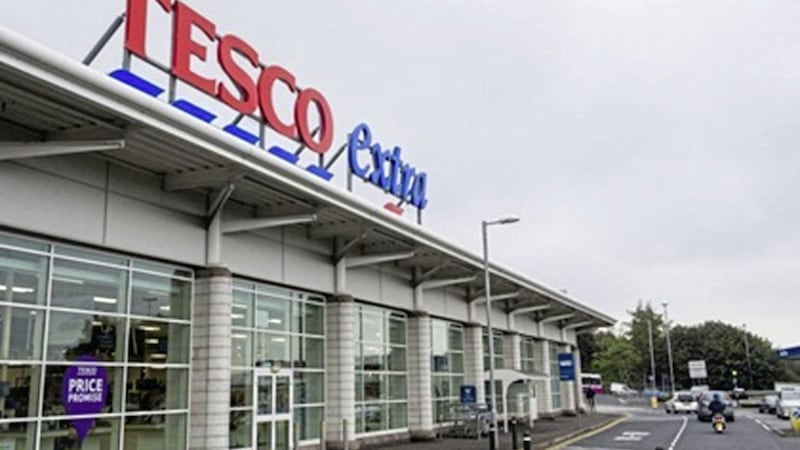THE north’s biggest supermarkets are set to see their rates bills slashed from April, while some of the most popular hospitality businesses here are bracing themselves for a hike.
It follows the revaluation of all 74,000 non-domestic properties in Northern Ireland by Land and Property Services (LPS) for the first time since 2015.
The new net annual value (NAV) is used together with the rates struck by councils and Stormont to calculate what businesses will pay from April 2020.
Non-domestic rates generate around £655 million a year for the public purse. But while the value of all properties has increased by 6.8 per cent in the past five years, the total amount generated isn’t expected to grow.
LPS said around 12,000 properties will see a decrease, with around one-third (25,687) seeing no change at all.
That includes the likes of Asda, Tesco and Sainsburys. During the last revaluation, the grocery giants saw a spike in NAV for many superstores. But the decline in market share has resulted stores such as Asda in Omagh and Tesco in Knocknagoney revalued down by 12-15 per cent. For the latter store, the difference is around £200,000.
Discounters such as Lidl and smaller convenience stores like Eurospar and Centra are more likely to see a rise in NAV this time around, reflecting the changing nature of shopping habits.
Most town and city centre retailers will either see a cut in NAV or remain the same.
Ground level stores in Belfast’s CastleCourt shopping centre have been revalued downwards by 27 per cent, while there will be no change for units in Donegall Place, Victoria Square or in Derry’s Foyleside.
High street traders in the centre of Omagh and Newry are unlikely to see much change.
Retailers in out of town shopping centres such as Sprucefield and Omagh’s showgrounds are more likely to see a drop.
Retail NI chief executive Glyn Roberts said 70 per cent its members saw their rates bills go up in 2015.
"It is our hope that that this revaluation will not be a repeat of this," he said. "It is absolutely crucial to get across to business owners is that they can appeal if they are unhappy with the draft valuation,"
Despite companies such as SSE Renewables now ranking among the most profitable companies in Northern Ireland, wind farms will see a significant reduction in NAV from April. LPS said the reduced value was linked to changes to government subsidy payments.
The value of Belfast’s office properties is up by around 12 per cent, while the city’s booming hotel industry has been revalued upward by around 50 per cent on average.
The Department of Finance said the revaluation isn’t about collecting more money from businesses, but rather about rebalancing the burden in a fairer manner.
The highest rate over growth in NAV has been in Mid Ulster (9.1 per cent), with the lowest (one per cent) recorded in Mid and East Antrim.
Permanent Secretary Sue Gray said: “I will be seeking to ensure that the regional business rate poundage that we set is lowered to reflect the overall growth in the valuation list.
“I will also be encouraging councils to do the same in respect of district rate poundages reflecting the fact that revaluation is not about raising more revenue overall from rates.”
Not everyone pays non-domestic rates however. The exemption for churches and charities is estimated to cost around £96.2m, while industrial de-rating for manufacturing firms accoutns for around £63m. Vacant properties is estimated to take around £41.7m out of rating coffers.
The entire business rating system in Northern Ireland is subject to a major ongoing review by the Department of Finance. Businesses were offered the chance to feed into the process during an eight week consultation that concluded in November.






